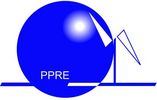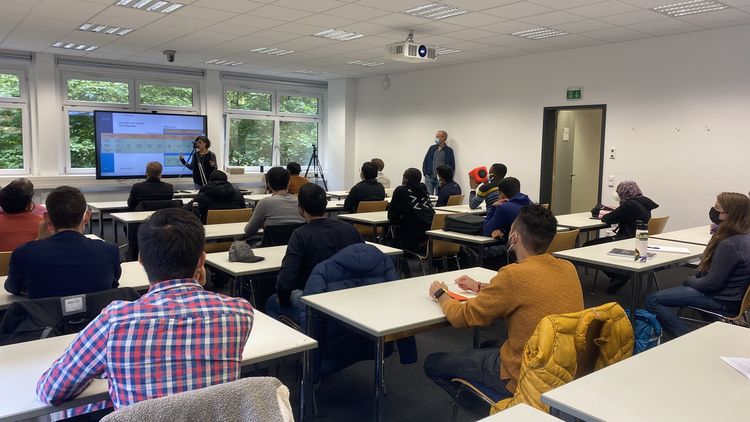The COVID-19 pandemic dramatically changed the higher education landscape, increasing dramatically the acceptance of online and hybrid teaching modes in higher education. As part of a DAAD-funded project between November 2020 and December 2022, the PPRE team had the chance to develop and evaluate different teaching modes (in-person, online and hybrid) in order to identify benefits from the new online teaching experiences that can fruitfully enhance the future of higher education within our Sustainable Renewable Energy Technologies (SuRE) Master’s programme in a post-pandemic situation. For this purpose, we evaluated several courses delivered in different teaching modes and interviewed students to characterize their perceptions on their learning experience in each of them. Main criteria for the student’s’ evaluation as well a description of the results obtained in the evaluation can be seen in detail in the scientific publication titled “Paving the way for hybrid teaching in higher education: lessons from students´ perceptions and acceptance of different teaching modes during and after the pandemic”, published in the Open Access journal “Creative Education”. In summary, we found that students were very positive about the increased flexibility offered by hybrid forms of instruction, particularly if the attendance mode can be freely chosen by the students on a voluntary and flexible basis. In this sense, such a degree of digitalization in higher education can be used to create a more inclusive and adaptable learning environment. The hybrid teaching concepts (for lectures and seminars) we developed during the project are published as Open Educational resources on the website twillo.de.
One of the major limits of the digital interaction, however, could be identified during its use in our laboratory courses: the learning experience in a digital laboratory cannot be as fruitful as attending in-person. Therefore, after our trials in the last two years, the PPRE team goes back to our beloved and well-established traditional in-person laboratories.


